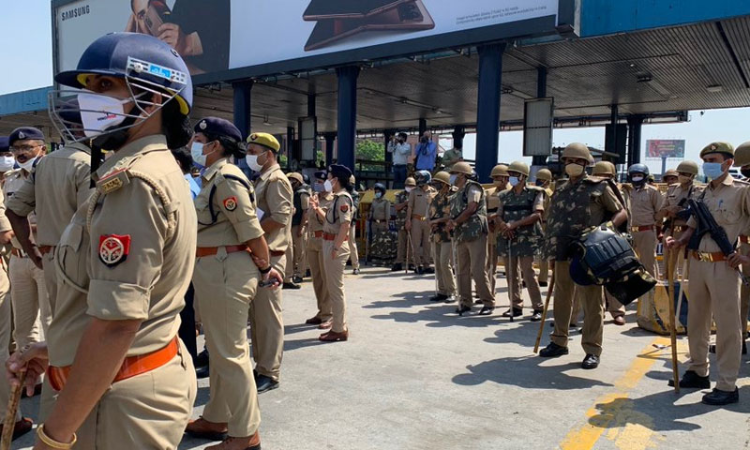Police Personnel Cannot Be Appointed As Jail Superintendents: Uttarakhand High Court
LIVELAW NEWS NETWORK
13 April 2021 11:20 AM IST

Next Story
13 April 2021 11:20 AM IST
In a significant judgment relating to prisoners' right, the Uttarakhand High Court has held that Police personnel cannot be appointed as Jail Superintendents. A Division Bench comprising of Chief Justice Raghvendra Singh Chauhan and Justice Alok Kumar Verma observed that we have come to the age of "Reformation and Rehabilitation of Prisoners". It held that the purpose of Police is...
